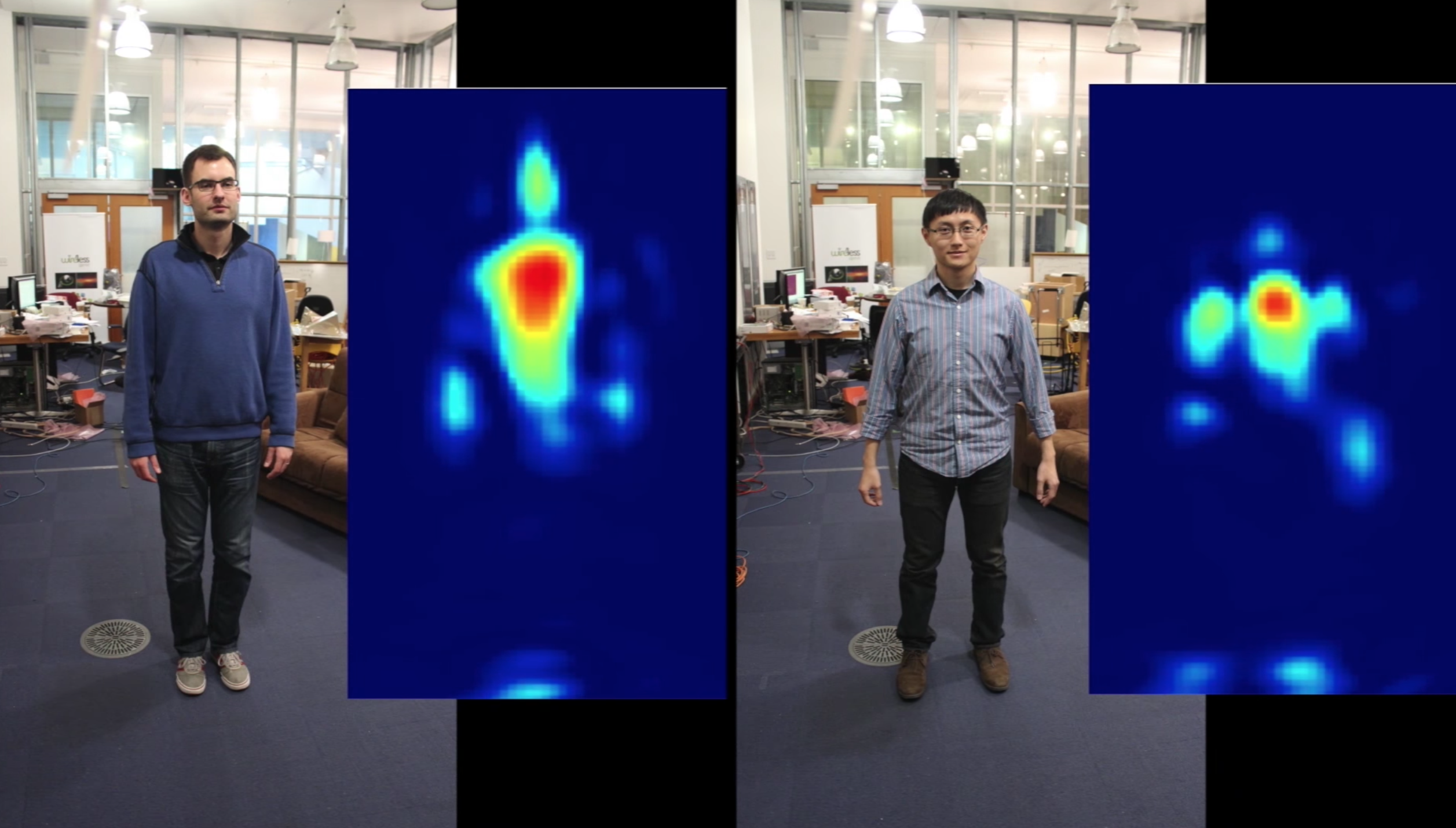Dina Katabi is an MIT professor in electrical engineering and computer science, who built a device, the size of a Wi-Fi router, that she hopes will replace all the bulky gear we currently need in order to get clinical data about the human body.
The device is still a prototype but it can wirelessly track your health – it can monitor your heart rate, sleep or the way you walk as you go about your business. The gadget emits radio signals that bounce off the body and come right back to the box. The neural network it hosts analyzes the reflections and estimates all the data it needs.
The device silently tracks people and gives insight into how the medications they are taking is affecting them, as some patients can respond well to their medication, while others do not, and most of the times, it takes a lot of tests and guesswork for the doctors to reach that conclusion. By being able to monitor the patients daily, the doctors would get valuable data on their hands without needing to perform other tedious tests.
The device is encrypted and only works with the user’s consent, who will also have to complete a specific set of movements before tracking begins. This way, the box cannot focus on an unwilling patient or someone else who might just happen to be around them.
It has been already installed in over 200 homes of both healthy people as well as people who have conditions like Parkinson’s, Alzheimer’s, depression and pulmonary diseases, thanks to Emerald Innovations, a start-up co-founded by Katabi herself.
In the future, she hopes the technology will be commercialized and become more widely available. Katabi has taken the necessary steps for that already, by providing the device to biotech and pharmaceutical companies, for research purposes.
Follow TechTheLead on Google News to get the news first.
























